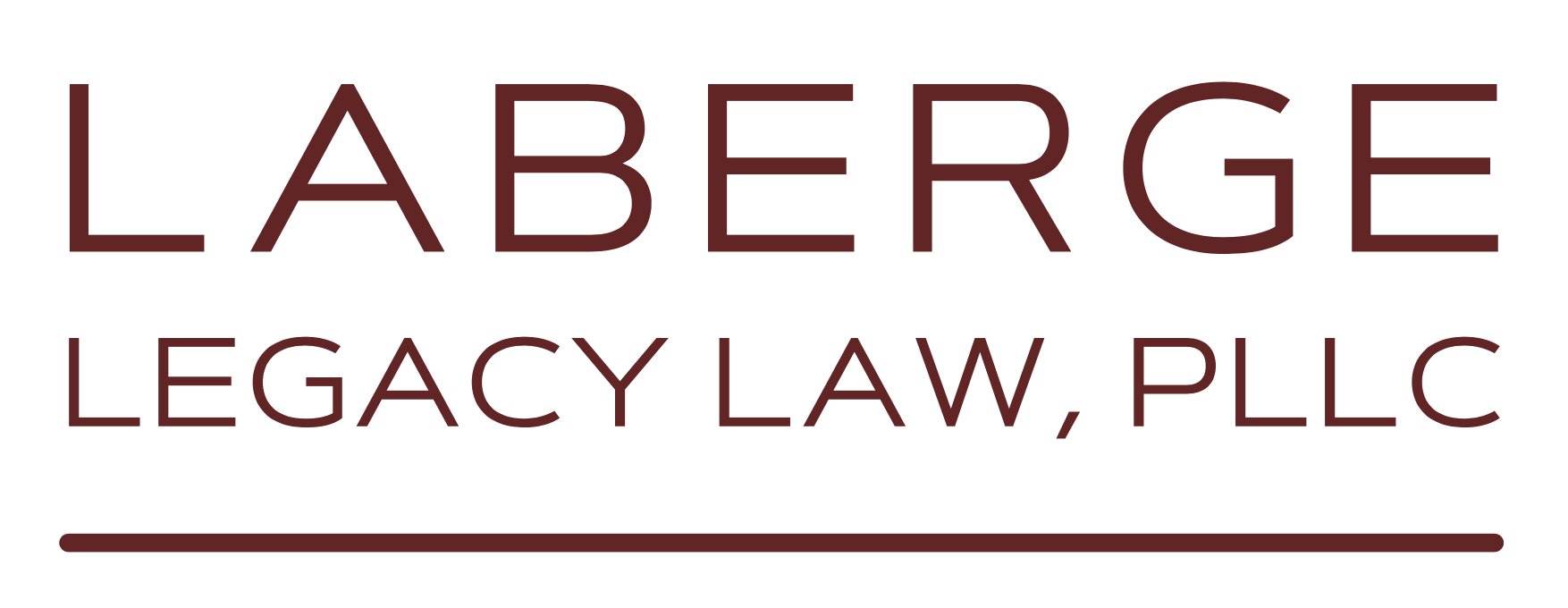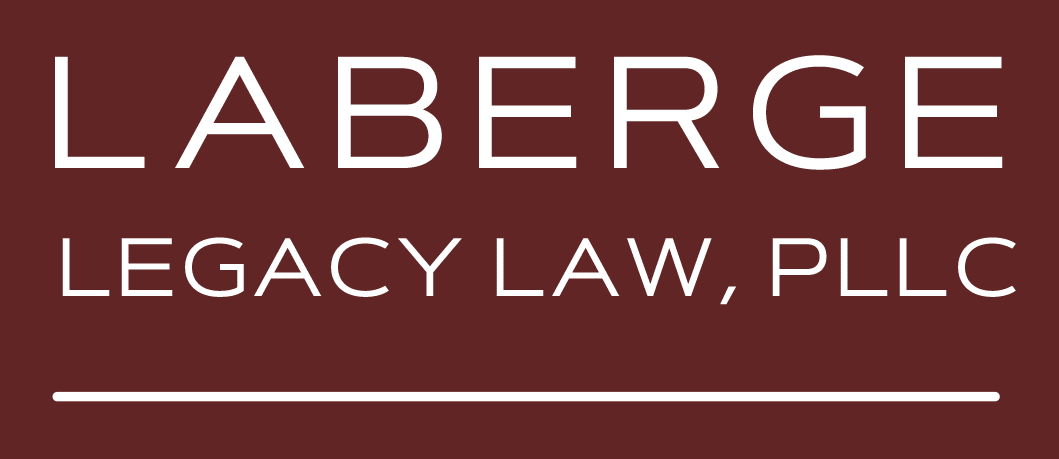Estate planning information - for everyone
For many people, an “estate” means a multi-million dollar home on expansive grounds – maybe not quite Downton Abbey, but something kind of similar . . . with substantial bank accounts to boot. The legal definition of “estate”, however, is much, much broader. Very simply, an estate consists of all property one owns, controls or is entitled to use. Personal belongings (such as furniture, clothes, cars, jewelry, vintage Barbies or G.I. Joes . . .) are part of one's estate. So are bank accounts, retirement accounts, life insurance proceeds and real estate. So, almost everyone has an estate, regardless of its value.
What is estate planning? Estate planning certainly involves making sure that one’s estate will be distributed according to one’s wishes upon death, consistent with state and federal laws. But it’s more than that. Good estate planning includes managing, and perhaps even distributing, portions of one’s estate during one’s lifetime. This may involve selling property, retitling assets, or changing beneficiary designations. Estate planning also involves appointing persons to care for other persons – such as minor children or one’s self – if circumstances (such as death or incapacity) require it.
Estate planning is necessarily tailored to each person. Small estates are not always simple, nor are large estates necessarily complex. Estates are as different as people, and we all know how different that is. In the bigger picture, estate planning represents one’s values. As such, estate planning plays an important role in the legacy you leave to those people and causes you care deeply about.
Whether one has created an estate plan or not, below are some important concepts for everyone to consider:
Do you have an estate plan?
❑ No
Consider meeting with a qualified attorney. Understand any legal ramifications of not having documents that direct the distribution of your estate (will, trusts, etc.), guardian appointments for your minor children, and health care directives, as a few examples. Also understand if you might have potential exposure to any tax consequences.
❑ Yes
Great! But is your plan complete and current? Has the value of your estate significantly changed, or do you expect it to change? Are you still okay with your prior fiduciary selections (personal representatives, guardians, trustees, etc.)? Have you added out of state properties? Do your documents coordinate with recent tax law changes? Are your assets appropriately titled? Good estate planning is not a one-time process, but an on-going event. If you have questions, seriously consider an estate planning check-up with your attorney.
Planning documents most persons should consider
❑ A will, trust or a combination of both
Wills, trusts, or a combination of both, are included in most estate plans.
A person may choose to have a will-based estate plan. A will becomes effective (“live”) only upon death. A major purpose of a will is to distribute, after death, property owned solely in the name of the person who died. This property is known as “probate property”, because it must pass through a probate court proceeding before it can be distributed. ("Non-probate property" is property that passes automatically upon death to other people, such as to joint tenants or joint account holders, or to beneficiaries according to beneficiary designations.) A will can also be used for making specific transfers of tangible property, for appointing guardians for minor children, and for establishing trusts for spouses, children or others. Importantly, without a will, probate property is distributed according to state law (the state will ‘write a will’ for you) and any distributions to children are generally distributed in full at age 18.
Alternatively, a person may choose to have a revocable living trust-based estate plan. Revocable living trusts (or “inter vivos trusts”) are established, and may also operate, during one’s lifetime. A person establishing a revocable living trust is called a settlor or trustor. Revocable living trusts may be used to manage and distribute property which has been properly transferred to the trustee of the trust. Trust asset management and distribution can occur during life and after death. Revocable living trusts can be revoked by the settlor, and are used for various reasons, including privacy and probate avoidance – especially for out-of-state real property. Subject to some conditions, the same person may be a settlor, trustee and beneficiary of a revocable living trust. If one establishes a revocable living trust, it is important to make sure that assets are titled in the name of the trust, as appropriate. Both wills and revocable living trusts may be used for estate tax planning.
❑Power of attorney
Powers of attorney are generally lesser known estate planning documents than wills or trusts, but they can be extremely important planning tools, depending upon a person’s circumstances. In addition to providing convenient administration of one’s financial affairs during one’s lifetime, powers of attorney can be very flexible. They can confer very limited or very expansive powers to one’s agent (“attorney-in-fact”). Powers of attorney can also be written to expire or continue upon one’s incapacity, or even to become effective only upon one’s incapacity. Powers of attorney are also generally revocable, as long as the principal has sufficient legal capacity.
❑ Health care directive
A health care directive can give critical guidance and assurance to one’s designated agent, should a person be unable to make health care decisions for himself or herself. This includes instructions for terminal conditions. This document is also revocable.
Other common estate planning considerations
❑ Beneficiary designations
Beneficiary designations are a critical, but sometimes overlooked, component of estate planning. Beneficiary designations allow property to pass outside of a probate court proceeding (see above). It is not unusual for many people to have a major portion of their estate in retirement plans, bank or brokerage accounts, or insurance policies. Depending upon the beneficiary designations for each of these assets, they can be eventually distributed outside of a will or trust. (Or these assets can be distributed into a will or trust, if one’s “estate” is designated as the beneficiary.) It is essential that beneficiary designations properly coordinate with one’s estate plan.
❑ Small business owners
Succession planning is an important estate planning consideration for many small business owners. For those seeking to receive fair value for their ownership interest, buy-sell agreements and other contractual arrangements should be considered, and existing contracts reviewed. Insurance policies and other company contracts should also be periodically reviewed to address liability exposure, aiming to protect business viability and value.
❑ Real estate
Real estate can make up a large portion of one’s estate, and at times can sometimes invoke strong feelings among family members. As a result, the transfer and titling of one’s home and other real estate, such as cabins or warm weather properties, should be carefully planned. Trusts should be considered for out-of-state properties, to avoid out-of-state probate proceedings. For estate and tax planning purposes, a cabin trust or family limited partnership may be appropriate for certain families wanting to provide co-ownership for one or more generations. Some property owners may also be interested in creating and granting conservation easements, for both tax and legacy planning purposes.
❑ Estate and other taxes
There have been significant federal and Minnesota estate, gift and generation-skipping tax law changes in 2013 and 2014. The federal estate tax exemption for 2014 is $5,340,000 per person. Minnesota’s estate tax exemption is $1,200,000 per person for 2014, and will increase by $200,000 annually to $2,000,000 for 2018. Persons with larger estates should be sure to consult a qualified professional for current laws regarding estate, gift and generation-skipping taxes.
But wait, there's more
Estate planning is a complex subject area, and there are a large number of estate planning matters which have not been addressed in this article, such as irrevocable life insurance trusts, special needs trusts for disabled persons, asset protections planning, and guardianships and conservatorships, to name just a few. Even the items discussed above are necessarily brief and, in some cases, incomplete. This article is intended to help readers generally evaluate their own estate planning circumstances, and recognize when it may be advisable to seek appropriate professional assistance. You have an important legacy to leave . . . and are encouraged to establish your first estate plan, or have an existing plan periodically reviewed.
©2014. LaBerge Legacy Law, PLLC. All rights reserved.
This article is provided for general informational purposes. It is not intended to be, nor should it be regarded or relied upon, as legal advice. Due to space limitations, some information is necessarily incomplete. Readers should personally consult a qualified estate planning attorney for legal advice applicable to their unique situation. Please see this site's disclaimer for additional information.


